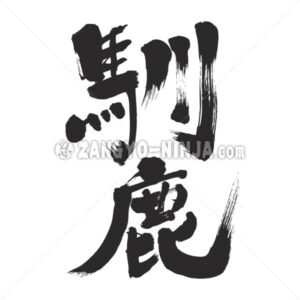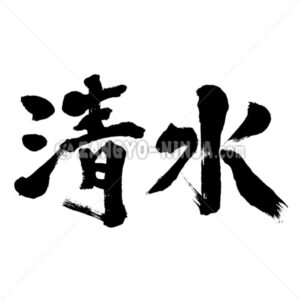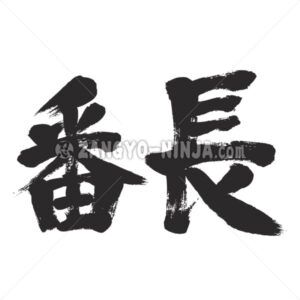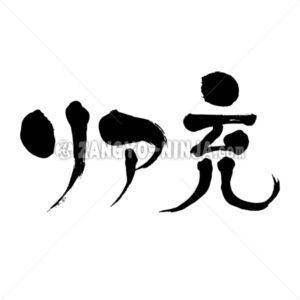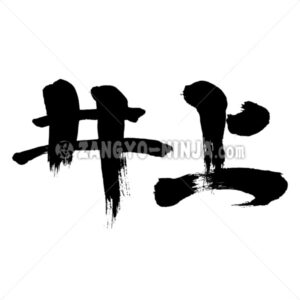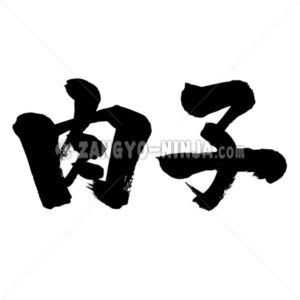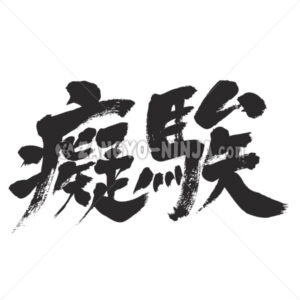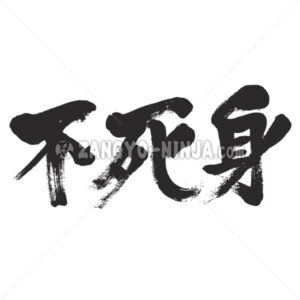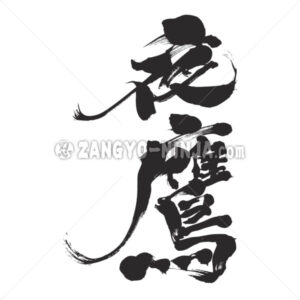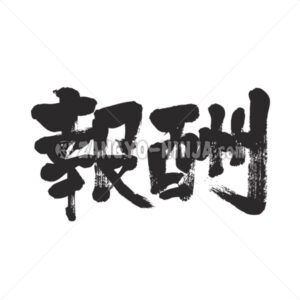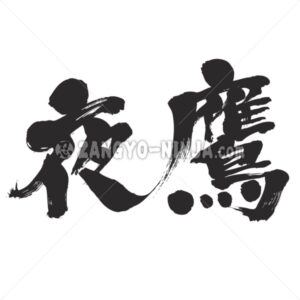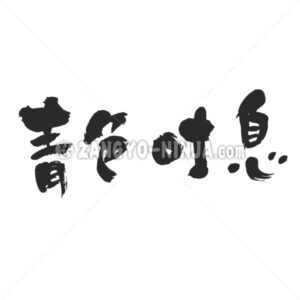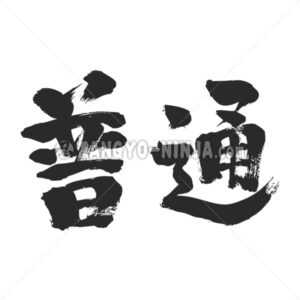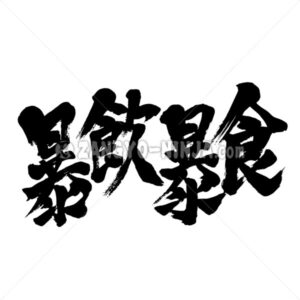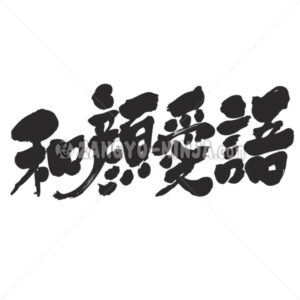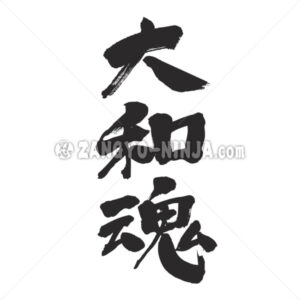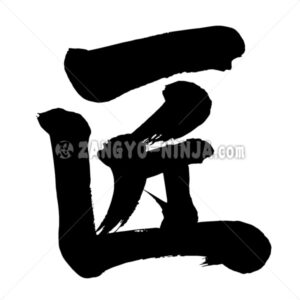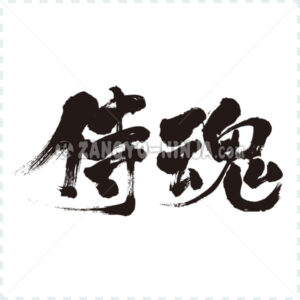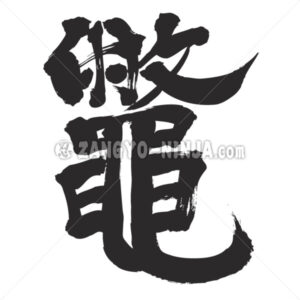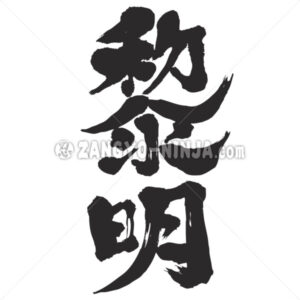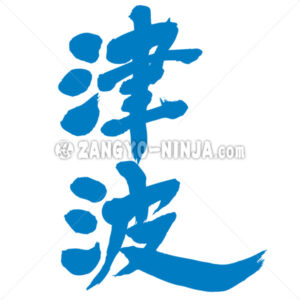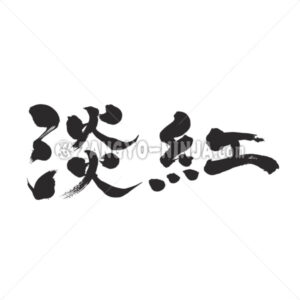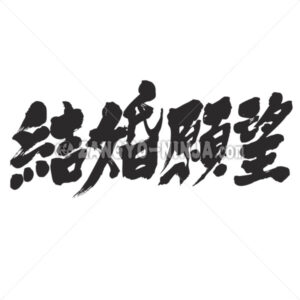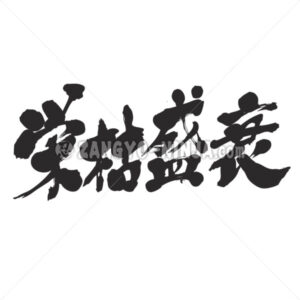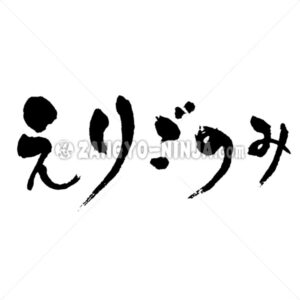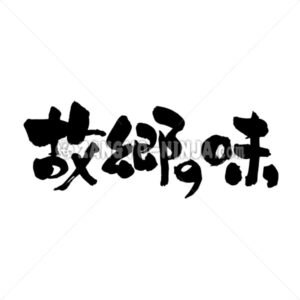
In summary, dishes made with ingredients such as preserved foods, fermented foods, and seasonings that people have thought about in the process of living in the area and forming the area. Japanese said “Furu sato no aji” and “Ko kyo no aji” in Japanese Kanji and Hiragana.
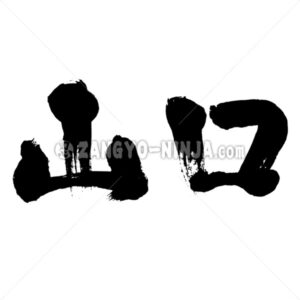
1. A prefecture located in the Chugoku region of Japan. The prefectural office is located in Yamaguchi City. 2. Yamaguchi is the 14th most common Japanese surname. The entrance to the mountain in Japanese Kanji. 3. When hunting falconry, first enter the hunting ground to try to hunt.
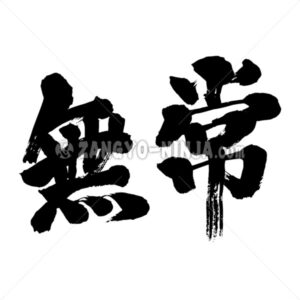
Buddhist language. Everything has changed, and it is not a permanent residence. Everything in this world changes quickly and does not stay in the same state for a while. Especially the ephemeral nature of life. Don’t know when you will die. Japanese says “Mu Jou”.
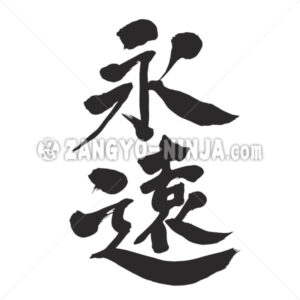
1. To endless forever. It exists beyond time. 2. A philosophy that is thought to last indefinitely while in time itself. Also, like mathematical truth, something that is known in time is considered to be valid regardless of time. Japan call “Ei en” and “To wa”.
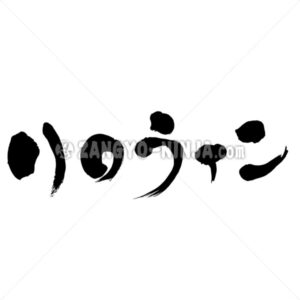
A festival originated in Europe, held on October 31 every year. Originally a religious event that celebrates the autumn harvest and drives out evil spirits, it takes place on the night before the All-hallow, the day of the Catholic Saints, on November 1. Shortened “All-hallow-even” and called Halloween. In recent years there is Halloween … Read More
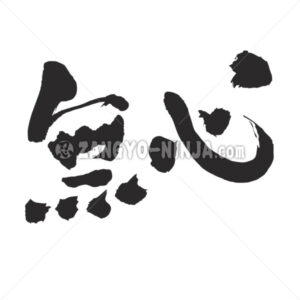
1. Be innocent. 2. There is no work of will and feelings. 3. Buddhist term 4. Waka / Renka with the aim of humor and obscene expression. 5. Lack of thought. Don’t be clever. 6. There is no heart to understand the emotion. 7. Don’t be considerate. Japan call “Mu shin”.
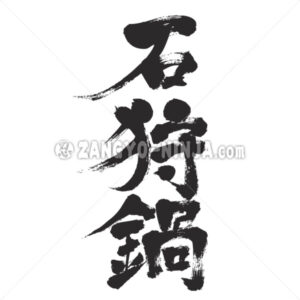
This is a Japanese hot pot dish made with crab as a main ingredient and miso seasoned, and is a local dish of Hokkaido. Often confused with Sanpei soup using salted salmon, Ishikari Nabe uses raw salmon that is made with miso and is not salted. Japanese says “Ishi kari nabe”.


